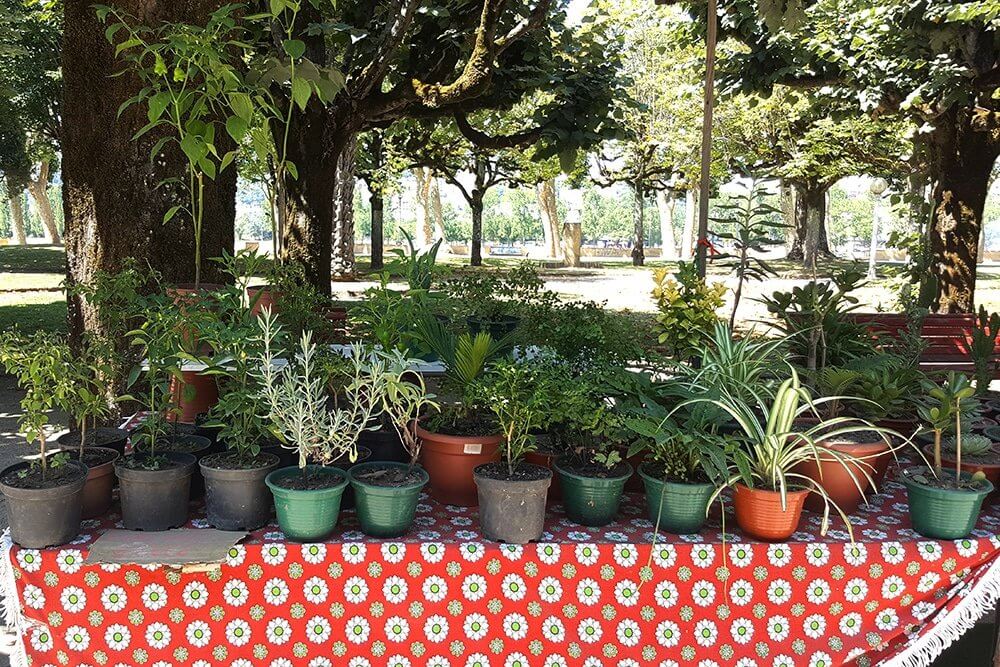 In a changing world currently dealing with global uncertainty and a whole array of challenges, there is widespread agreement that business schools should focus on research and teaching for the next generation of students with greater focus on sustainability, ethics and social purpose. Another critical area business schools and economics degrees should focus on is creativity and agility.
In a changing world currently dealing with global uncertainty and a whole array of challenges, there is widespread agreement that business schools should focus on research and teaching for the next generation of students with greater focus on sustainability, ethics and social purpose. Another critical area business schools and economics degrees should focus on is creativity and agility.
Schumacher college is an internationally renowned learning community offering all kinds of interesting programs, equiping students with those much needed skills.It was founded in 1920’s by Dorothy and Leonard Elmhirst and is based on the historic Dartington Hall Estate between Dartmoor National Park and the Jurassic Coast of South Devon. The name of the college is after E.F. Schumacher, a famous economist that wrote the widely read book “Small is beautiful. Economics as if People Mattered.”
The College just launched a new program, entitled regenerative economics.
Master in Regenerative Economics
This programme explores alternative economic models, many of which were once considered marginal but could now help us radically rethink our existing economic systems. What changes are needed to make our societies more resilient in the face of climate change, biodiversity loss and our reliance on fossil fuels and to address financial instability, food insecurity and poverty?
In recent years we have seen huge political and social upheaval around the globe, bringing our societies to a critical point which now calls for a new way of economic thinking.Schumacher College has developed a reputation for pioneering radical new thinking, attracting leading international teachers, practitioners and activists. Our economics programme has inspired and supported numerous organisations and people in their endeavours to achieve a more sustainable and equitable world.
This new programme of Regenerative Economics has evolved from our highly successful MA Economics for Transition which ran successfully for nine years.
Now we are re-launching a new low-residency programme to make our courses more accessible so that students can combine work and study. We continue to maintain our partnership with the Business School at the University of Plymouth. Hosted by highly respected radical economists and complemented by an international visiting faculty of teachers and practitioners, this programme offers the opportunity to join those at the forefront of new ecological, economic thinking.
Graduates leave to work in:
Start-ups and local enterprises
Community organisations and NGOs: especially those tackling climate emergency
Ethical Business: making systems more sustainable and socially just
Economics: analysing how markets responds to various stressors
Education: teaching in a multi-disciplinary setting
This programme can be taken full-time or part-time.
Other programs offered by the College are:
Master in Ecological Design Thinking
This course offers a chance to join a growing network of design thinkers around the world working within a series of hubs operating within communities and enterprises. Ecological Design Thinking is about using an approach to unravel complex situations involving multiple stakeholders. Students will learn how to apply a variety of skills and techniques to arrive at a creative solution.
The low-residency programme enables students to develop their practice while continuing to work, allowing them to immediately implement their learning. It is delivered in five modules: Design and Ecology, Design and Society, Design and Place and Design in Practice and the Dissertation or Final Project.

IntelligentHQ Your New Business Network.
IntelligentHQ is a Business network and an expert source for finance, capital markets and intelligence for thousands of global business professionals, startups, and companies.
We exist at the point of intersection between technology, social media, finance and innovation.
IntelligentHQ leverages innovation and scale of social digital technology, analytics, news and distribution to create an unparalleled, full digital medium and social business network spectrum.
IntelligentHQ is working hard, to become a trusted, and indispensable source of business news and analytics, within financial services and its associated supply chains and ecosystems.









